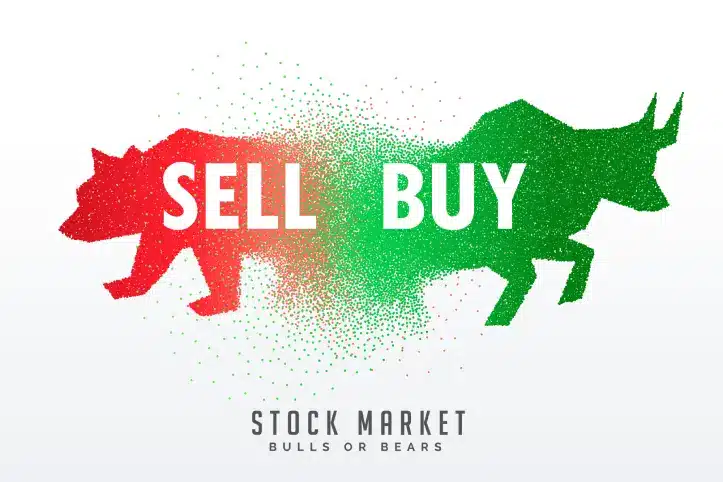Navigating the Derivatives Market: Unveiling Complex Financial Instruments
In the intricate tapestry of global finance, the derivatives market emerges as a pivotal facet, offering a diverse array of tools for risk management, speculation, and strategic investment. This comprehensive article delves into the depths of the derivatives market, unraveling its intricate mechanics, key instruments like futures and options, and its significance in modern financial landscapes.
Understanding Derivatives
Defining Derivatives: Derivatives are intricate financial contracts that derive their value from an underlying asset, be it stocks, bonds, commodities, currencies, or market indices. These contracts enable participants to manage risk, speculate on price movements, and optimize investment strategies.
Types of Derivatives: The derivatives market encompasses a range of instruments, including options, futures, swaps, and forwards. Each instrument serves a distinct purpose, from hedging against potential losses to leveraging market opportunities.
Market Participants
Hedgers: Enterprises and investors utilize derivatives to hedge against adverse price fluctuations. For instance, a manufacturer can employ derivatives to lock in a specific price for raw materials, safeguarding against price volatility.
Speculators: Traders aiming for profitability leverage derivatives to capitalize on market volatility. Derivatives enable them to amplify potential gains or losses compared to direct asset ownership.
Arbitrageurs: These participants exploit price inefficiencies between markets by simultaneously buying and selling related assets, using derivatives to secure risk-free profits.
Functions of the Derivatives Market
Risk Management: One of the primary functions of derivatives is risk mitigation. Companies and investors employ derivatives to offset potential losses resulting from market fluctuations.
Price Discovery: Derivatives markets facilitate price discovery by gauging future price expectations of underlying assets. This aids in understanding market trends and sentiment.
Leverage: Derivatives provide an avenue for investors to control larger positions with a relatively smaller capital outlay, amplifying potential returns while heightening associated risks.
Exploring Futures and Options
Futures: Futures contracts obligate participants to buy or sell a specified quantity of an underlying asset on a future date at a predetermined price. They offer a standardized format for trading, often used for commodities, currencies, and indices.
Options: Options provide participants with the right, but not the obligation, to buy (call option) or sell (put option) an underlying asset at a predetermined price within a specific timeframe. Options cater to various strategies, including hedging and speculation.
Derivatives in the Indian Context
NSE and BSE: In India, derivative trading thrives on platforms like the National Stock Exchange (NSE) and the Bombay Stock Exchange (BSE), offering an array of derivatives instruments for participants.
Regulation: The Securities and Exchange Board of India (SEBI) actively oversees the derivatives market to ensure transparency, fairness, and investor protection.
Conclusion
The derivatives market stands as a testament to the dynamic nature of modern finance. It holds immense potential for risk mitigation, profit generation, and strategic investing. However, its intricacy demands thorough understanding, careful analysis, and a profound awareness of associated risks. Those venturing into the derivatives market are urged to equip themselves with comprehensive knowledge and prudent decision-making, harnessing the opportunities and managing the intricacies this realm presents.















